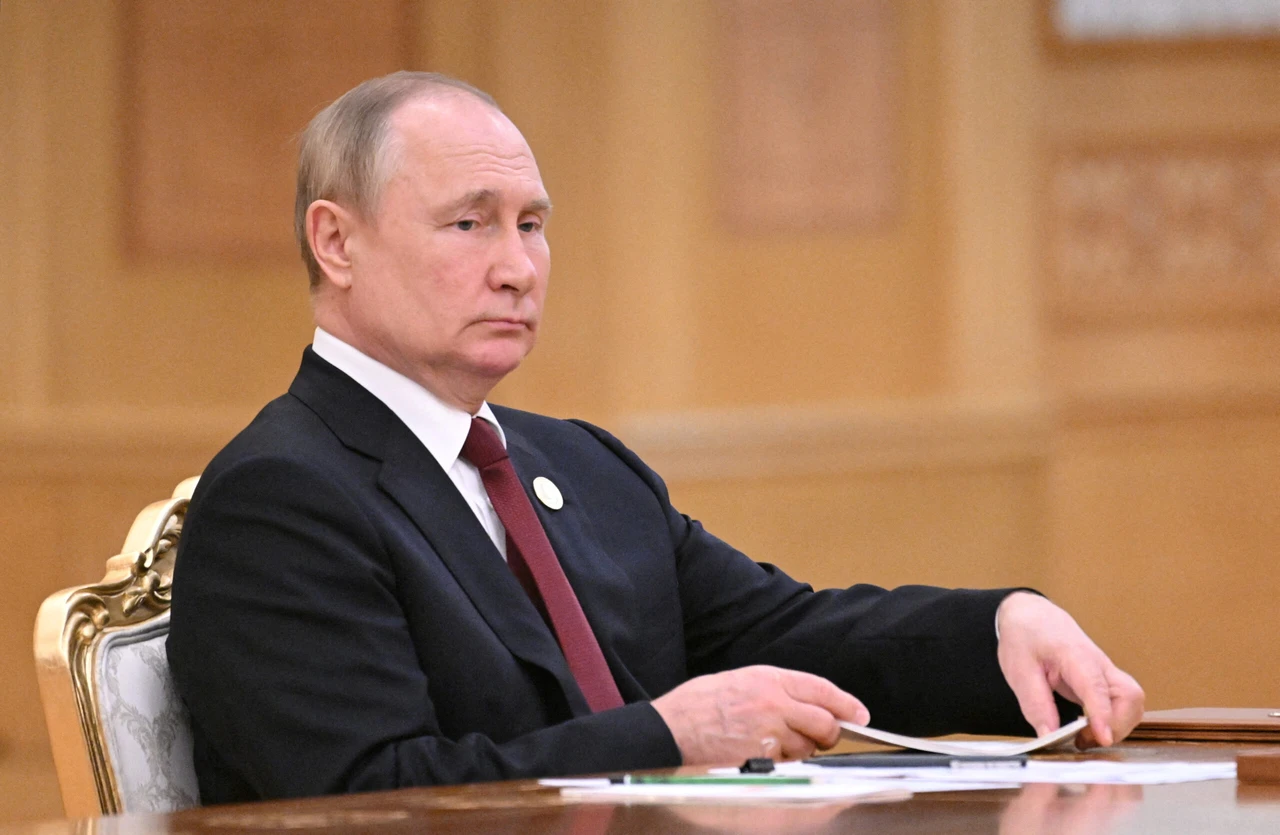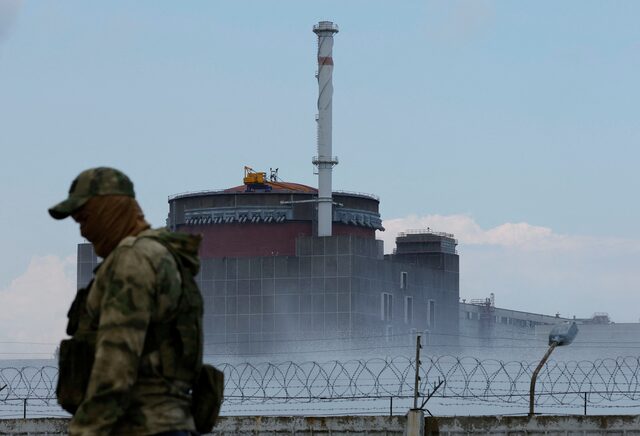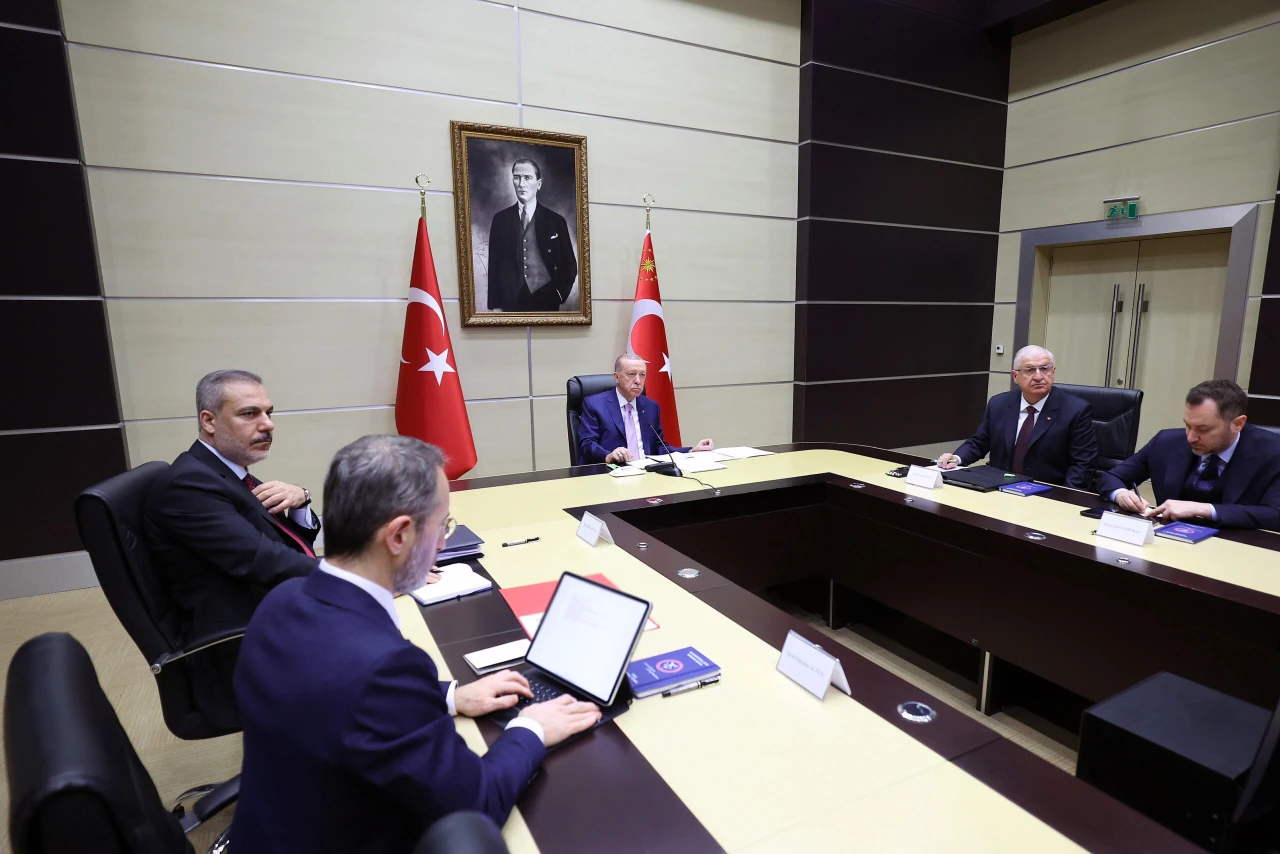Russia to consider nuclear response in event of ‘massive’ air attack: Putin
 Russian President Vladimir Putin attends Caspian Summit in Ashgabat, Turkmenistan June 29, 2022. (Reuters Photo)
Russian President Vladimir Putin attends Caspian Summit in Ashgabat, Turkmenistan June 29, 2022. (Reuters Photo)
Russian President Vladimir Putin announced on Wednesday that his country reserves the right to use nuclear weapons if Belarus, its ally in the Ukraine conflict, is attacked.
“We reserve the right to use nuclear weapons in the event of aggression against Russia or Belarus,” Putin stated during a Russian Security Council meeting focused on nuclear deterrence. He emphasized that this stance has been mutually agreed upon with Minsk.
Highlighting the alliance, Putin referred to Belarus as a member of the Union State, established under a 1999 treaty aimed at fostering closer ties – an effort that has accelerated in recent years.
Putin revealed that a series of clarifications to Russia’s nuclear doctrine was proposed following discussions among the country’s Defense and Foreign ministries, along with other governmental departments over the past year.
In the updated doctrine, he explained, that “aggression” against Russia by any non-nuclear state, especially with the support of a nuclear power, will be considered a joint attack on Moscow.

‘Conditions are clear,’ says Putin
He added, “The conditions for Russia’s transition to the use of nuclear weapons are clearly stated. We will consider this possibility upon receiving reliable information about a massive launch of air and space attack weapons crossing our state border.”
These statements come as Ukraine reportedly pressures the United States to permit strikes deeper into Russian territory, continuing its defense against the invasion that began over two and a half years ago.
In 2020, Putin detailed the conditions under which Moscow could deploy its nuclear arsenal, signing an executive order on nuclear deterrence policy.
This doctrine allows for nuclear weapon use in response to a nuclear attack or a conventional attack that poses a threat to Russia’s existence.
Earlier this month, Deputy Foreign Minister Sergey Ryabkov indicated that updates to the country’s nuclear doctrine are at an “advanced stage,” stating there is a “clear directive to make adjustments.”



